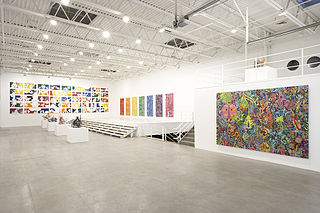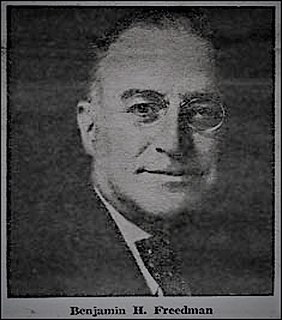A Quote by Thomas Hardy
There is always an inertia to be overcome in striking out a new line of conduct – not more in ourselves, it seems, than in circumscribing events, which appear as if leagued together to allow no novelties in the way of amelioration.
Related Quotes
We should not allow ourselves to believe that writers like Poe have more imagination than those who are content with describing things as they really are. It is surely easier to invent striking situations in this way than to tread the beaten track which intelligent minds have followed throughout the centuries.
He who asks fortune-tellers the future unwittingly forfeits an inner intimation of coming events that is a thousand times more exact than anything they may say. He is impelled by inertia, rather than curiosity, and nothing is more unlike the submissive apathy with which he hears his fate revealed than the alert dexterity with which the man of courage lays hands on the future.
I don't take so-called "vacations" often. In fact vacations are more stressful than the lives my wife and I worked hard to set up for ourselves in New York. It seems like being on vacation is like normal living, which is not very satisfying. It means we're figuring out what to make for lunch today, and that seems like such an absurd way to live. The issue of dealing with that doesn't seem to be so prominent back home. It sounds so silly and ridiculous, but it's really the way it is. We love what we do, so I prefer being in the studio; that's really living for me.
Titled players appeared to be trotting out game after game in which the same old hoary opening sequences, memorized out to fifteen, twenty, or even more moves, were repeated endlessly. True novelties were becoming scarcer, and sometimes these 'opening' novelties didn't appear until well into the middlegame. (A master-level friend once proudly showed me a novelty he'd discovered at move twenty-seven of a very well-trodden chess opening, and it's said that even as far back as the 1950's Mikhail Botvinnik had some openings memorised past the thirtieth move).
We always seem to be surprised by events, especially by catastrophes, but also by wonderful events. Look at 1990, the year that the Soviet Union collapsed and apartheid in South Africa collapsed and the Berlin Wall came down. I don't know anyone who foresaw those events. It seems to me that as a species we are constantly trying to adapt ourselves to the unexpected. In the meantime, we talk as if we are in control, and we're not. This seems to me to be the truth about the twentieth century.
The moral government of God is a movement in a line onwards towards some grand consummation, in which the principles, indeed, are ever the same, but the developments are always new - in which, therefore, no experience of the past can indicate with certainty what new openings of truth, what hew manifestations of goodness, what new phases of the moral heaven may appear.
The history of the world for the past several centuries and current events at home and abroad confirm the existence of such a conspiracy (to destroy Christianity and obtain global power). The world-wide net-work of diabolical conspirators implements this plot against the Christian faith while Christians appear to be sound asleep. The Christian clergy appear to be more ignorant or more indifferent about this conspiracy than other Christians ... It seems so sad.
The regularity with which we conclude that further advances in a particular field are impossible seems equaled only by the regularity with which events prove that we are of too limited vision. And it always seems to be those who have the fullest opportunity to know who are the most limited in view. What, then, is the trouble? I think that one answer should be: we do not realize sufficiently that the unknown is absolutely infinite, and that new knowledge is always being produced.
There is more in a human life than our theories of it allow. Sooner or later something seems to call us onto a particular path. You may remember this "something" as a signal moment in childhood when an urge out of nowhere, a fascination, a peculiar turn of events struck like an annunciation: This is what I must do, this is what I've got to have. This is who I am.
Among the older records, we find chapter after chapter of which we can read the characters, and make out their meaning: and as we approach the period of man's creation, our book becomes more clear, and nature seems to speak to us in language so like our own, that we easily comprehend it. But just as we begin to enter on the history of physical changes going on before our eyes, and in which we ourselves bear a part, our chronicle seems to fail us-a leaf has been torn out from nature's record, and the succession of events is almost hidden from our eyes.
When we haven't the time to listen to each other's stories we seek out experts to tell us how to live. The less time we spend together at the kitchen table, the more how-to books appear in the stores and on our bookshelves. But reading such books is a very different thing than listening to someone' s lived experience. Because we have stopped listening to each other we may even have forgotten how to listen, stopped learning how to recognize meaning and fill ourselves from the ordinary events of our lives. We have become solitary; readers and watchers rather than sharers and participants.






































